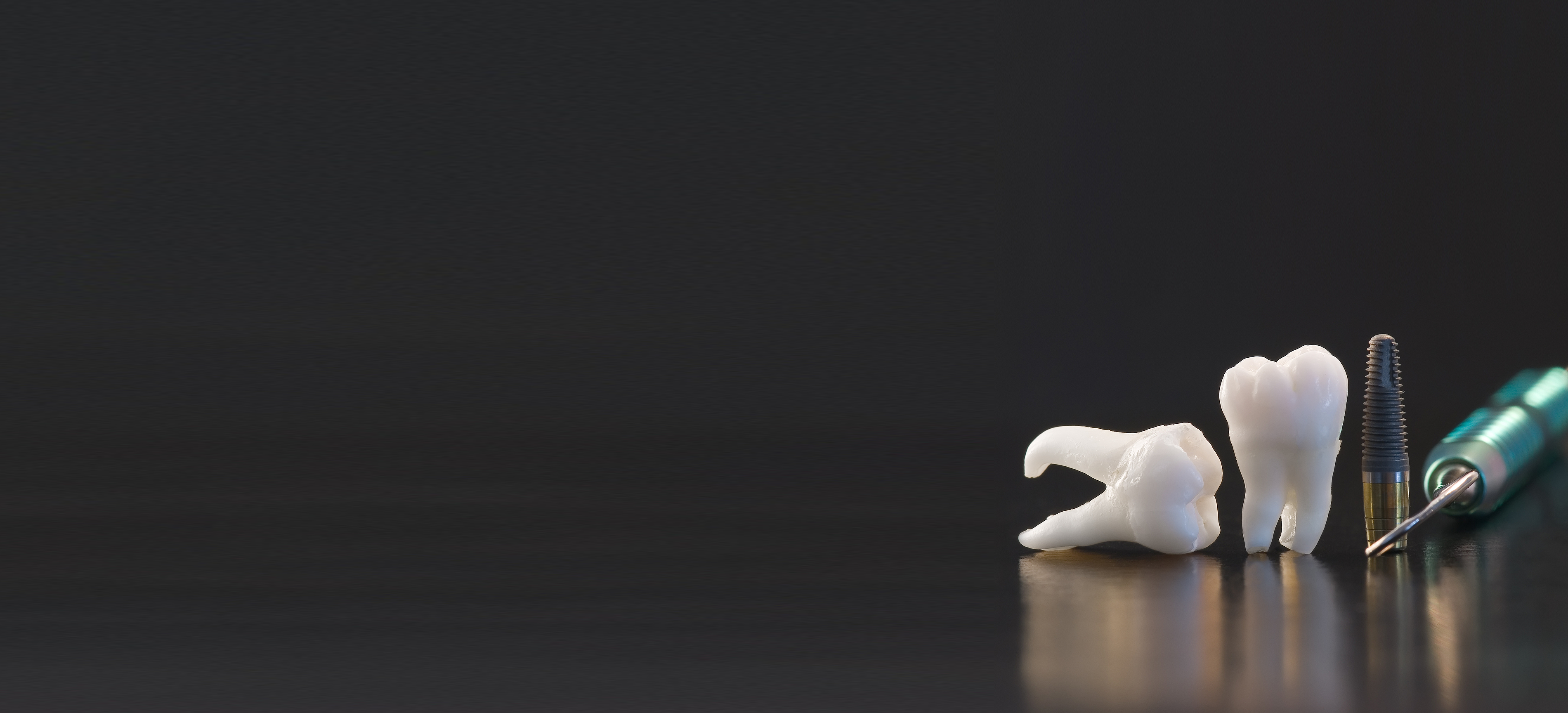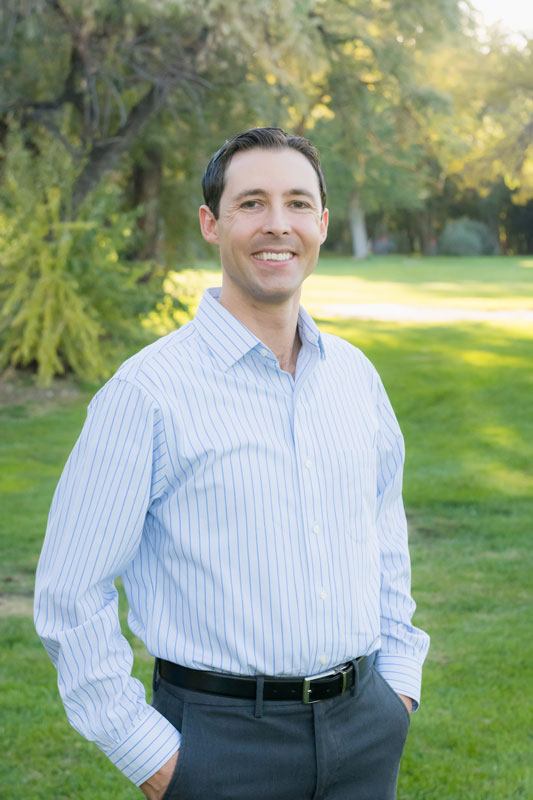Emergency Dentistry
- 25% off normal fees with membership plan
- Emergency dentistry can treat a range of issues
- Emergency dentists offer more flexible scheduling
- Emergency dentists often help with more than emergencies
- Emergency dentists focus on patient comfort
- Emergency dentists usually take patients on either a first-come, first-serve basis or, as emergency triage dictates
- Following a regular oral hygiene routine can help prevent many dental emergencies before they occur
Dental emergencies can happen at any time and can disrupt your daily life. It is important to know what to do when faced with an emergency. A dental emergency can be any condition or injury that affects the teeth, gums, jaw or soft tissues of the oral cavity that require prompt treatment. If you are experiencing any of the following issues a broken tooth, knocked out tooth, chipped or broken tooth, lost filling or crown, severe toothache, fractured jaw, cut lip or tongue, etc., you need to contact our emergency dentist immediately. While some dental emergencies are unavoidable, you can minimize your risk by choosing to take great care of your teeth at home. Following a regular oral hygiene routine with daily brushing and flossing, as well as regular dental visits every six months, can help prevent many dental problems before they develop.
Prevent Dental Emergencies With Proper Care
The best way to prevent an emergency is to practice good oral hygiene habits at home, including brushing and flossing daily and getting regular professional cleanings and exams. Dental insurance benefits can be used at routine checkups to help prevent or catch early signs of cavities, gum disease, or other degenerative conditions that require extensive care to restore oral health. Regular visits also allow your dental team to monitor your teeth for changes that could signal a problem brewing. In addition to practicing good hygiene, you can also avoid certain activities that may open you up to the risk of sustaining a dental emergency. These include chewing on ice and other hard foods, using teeth as tools to open packages, and participating in contact sports such as football and hockey. Such activities increase the risk of a broken or lost tooth due to impact trauma. While injuries can occur at any time, they are more common during competitive sporting events. To prevent dental emergencies while playing sports, ask your dentist for a mouthguard.
Contact our dentist in case of an emergency
It’s normal to panic in an emergency, but do your best to keep a level head and follow these steps so we can help you! First, call our office as soon as you’re able and let us know that you’re having an emergency. Even if you’re not sure if it’s a true emergency or not, it’s much better to contact your dental office and let them know what’s going on so they can give you instructions on what to do until they can get to you and treat you properly. If the emergency cannot be handled over the phone, we will likely ask you to come in so we can take a look and treat the issue right away.
Frequently Asked Questions
- Toothache – this is typically the most common reason people call their dentist and ask to be seen right away for emergency care. Having a severe toothache can be a sign of an infection that will only get worse over time. It’s best to get treated as soon as possible so that you don’t experience increased pain and damage to your tooth.
- Broken tooth – if your tooth cracks or your filling falls out, you may need to see your emergency dentist right away. If left untreated, the crack in your tooth can worsen over time, which can result in the need for more expensive treatment or even loss of the tooth.
- Knocked-out tooth – it’s important to see an emergency dentist right away if you knock out one of your teeth. The sooner you’re able to get to a dental office, the better chance you have of being able to save your knocked-out tooth. If you wait too long to see the dentist, you have a higher chance of getting an infection and increasing the chances that you will lose the tooth.
- Dental abscess – an abscess is an infection that occurs around the root of a tooth. It’s important to have your abscess treated by a professional as soon as possible so that the infection doesn’t spread to other parts of your body. If you have symptoms of an abscess, including fevers, chills, swollen glands, or facial swelling, you should contact a dentist near you as soon as possible for treatment.
Emergency appointments are reserved for serious cases that can’t wait until the next business day for treatment.
Financing Options At Bishop Family Dental
Avail quality dental care affordably and conveniently
- We accept payments as cash, checks, or cards
- We accept all major dental insurance at our dental office
- We offer CareCredit financing and membership discount plans to make our dental services affordable to our patients.










